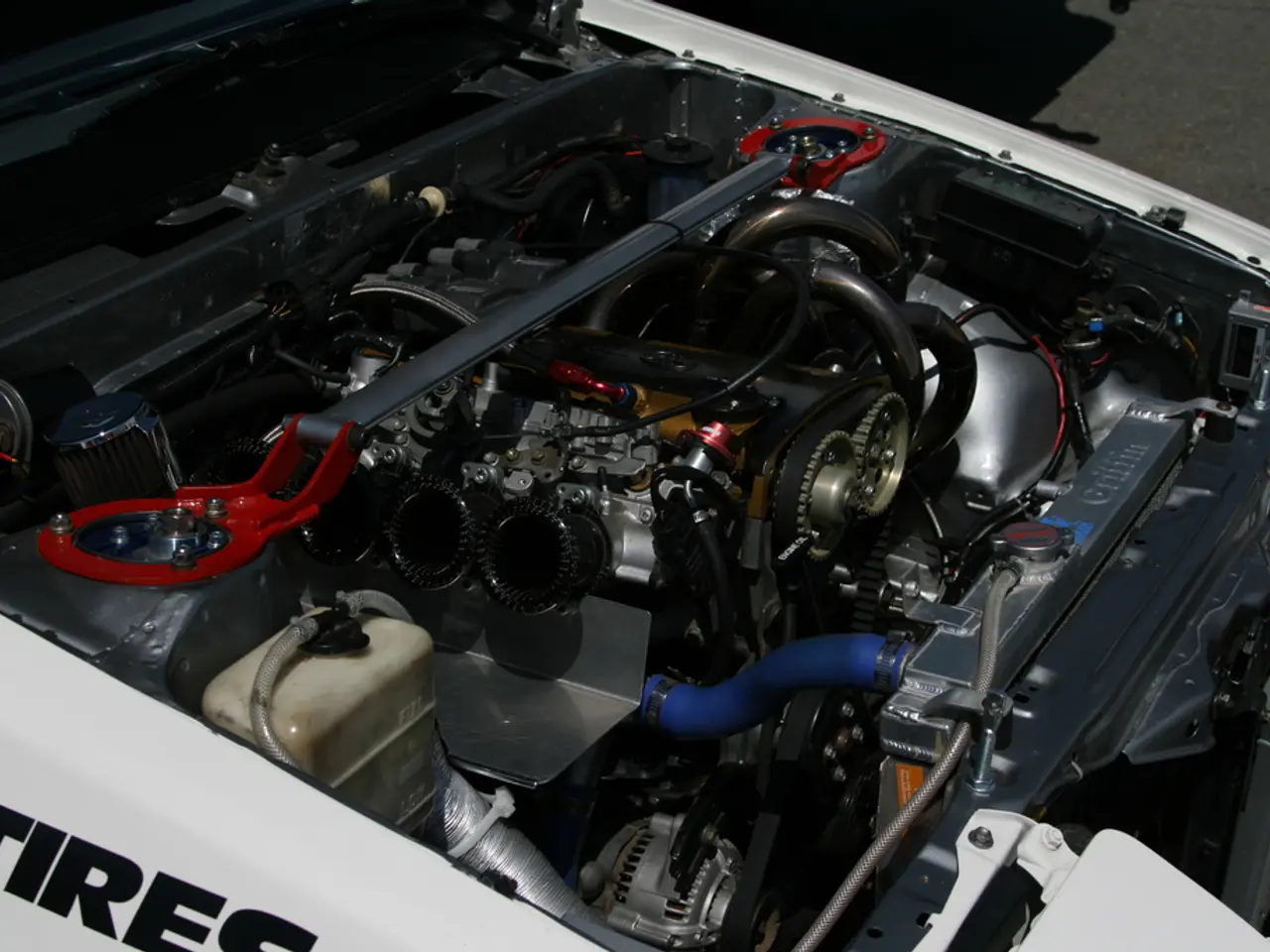Electric batteries with self-healing capabilities could potentially extend the lifespan and driving range of electric vehicles.
In the rapidly evolving world of electric vehicles (EVs), a groundbreaking development is taking shape. Researchers, as part of the EU-funded PHOENIX project, are working tirelessly to create self-repairing lithium-ion batteries that could revolutionise the EV industry.
The innovative batteries, currently undergoing testing, are designed to detect damage and heal themselves autonomously. This self-healing mechanism significantly slows the degradation process that typically reduces battery capacity and performance over time. As a result, EV batteries could potentially last as long as, if not longer than, the expected lifespan of the vehicle itself.
This development brings a host of benefits. By prolonging battery life, these self-healing batteries reduce the frequency of battery replacements, which are resource-intensive to manufacture and recycle. Moreover, the reduced demand for new battery metals like lithium, nickel, and copper lessens the environmental impact associated with battery production and disposal.
The PHOENIX project, led by researchers such as Johannes Ziegler, is focused on developing safer, longer-lasting batteries. The team is collaborating to design sensors that detect changes within a lithium-ion battery as it ages and trigger the battery's self-healing when needed. They are also working on an early warning system for battery health using sensors.
Another strategy being explored involves increasing energy density by replacing graphite with silicon. While this is less stable and its volume can expand up to 300% during charge and discharge, the team is optimistic about the potential benefits.
The PHOENIX team is also developing advanced sensors and triggers, including sensors that detect when the battery expands, generate a heat map, and watch for dangerous gases such as hydrogen or carbon monoxide. They aim to double the lifetime of batteries and, by extension, the life of electric vehicles.
The vision is clear: to extend the life of electric vehicle batteries and reduce their carbon footprint. With EU legislation requiring all new cars and vans sold from 2035 onwards to generate zero emissions, this development could not be timelier.
The surge in EV sales in Europe, up 20% in February 2024 compared to the same month in the previous year, underscores the growing demand for sustainable transport solutions. Researchers like Sufu, a battery chemist at CSEM who also works on PHOENIX, are excited about the prospect of prolonging battery lifetime and contributing to a more sustainable future for EVs.
The EU has identified 34 materials as critical, including battery metals such as lithium, nickel, copper, and cobalt. By reducing the need for these valuable metals, self-repairing batteries could contribute to a more sustainable and efficient EV industry.
Battery management systems (BMS) currently monitor the voltage and temperature of a battery to ensure it does not overheat and cause safety problems. The self-repairing batteries, however, take this a step further, offering a win-win for both consumers and the environment.
As the team continues to refine the technology, they are focused on identifying which technologies deliver enough benefit to justify the cost of EVs. With the potential to extend battery life, increase energy density, and reduce the carbon footprint of EVs, the future of self-repairing lithium-ion batteries looks promising indeed.
- The innovative self-healing mechanism in the development of lithium-ion batteries, as part of the EU-funded PHOENIX project, has the potential to revolutionize the electric vehicle (EV) industry by not only significantly slowing the degradation process that reduces battery capacity and performance over time, but also potentially making EV batteries last as long as, if not longer than, the expected lifespan of the vehicle itself.
- By reducing the frequency of battery replacements, which are resource-intensive to manufacture and recycle, and lessening the demand for new battery metals like lithium, nickel, and copper, self-healing batteries could contribute to a more sustainable and efficient EV industry, aligning with EU legislation requiring all new cars and vans sold from 2035 onwards to generate zero emissions.




